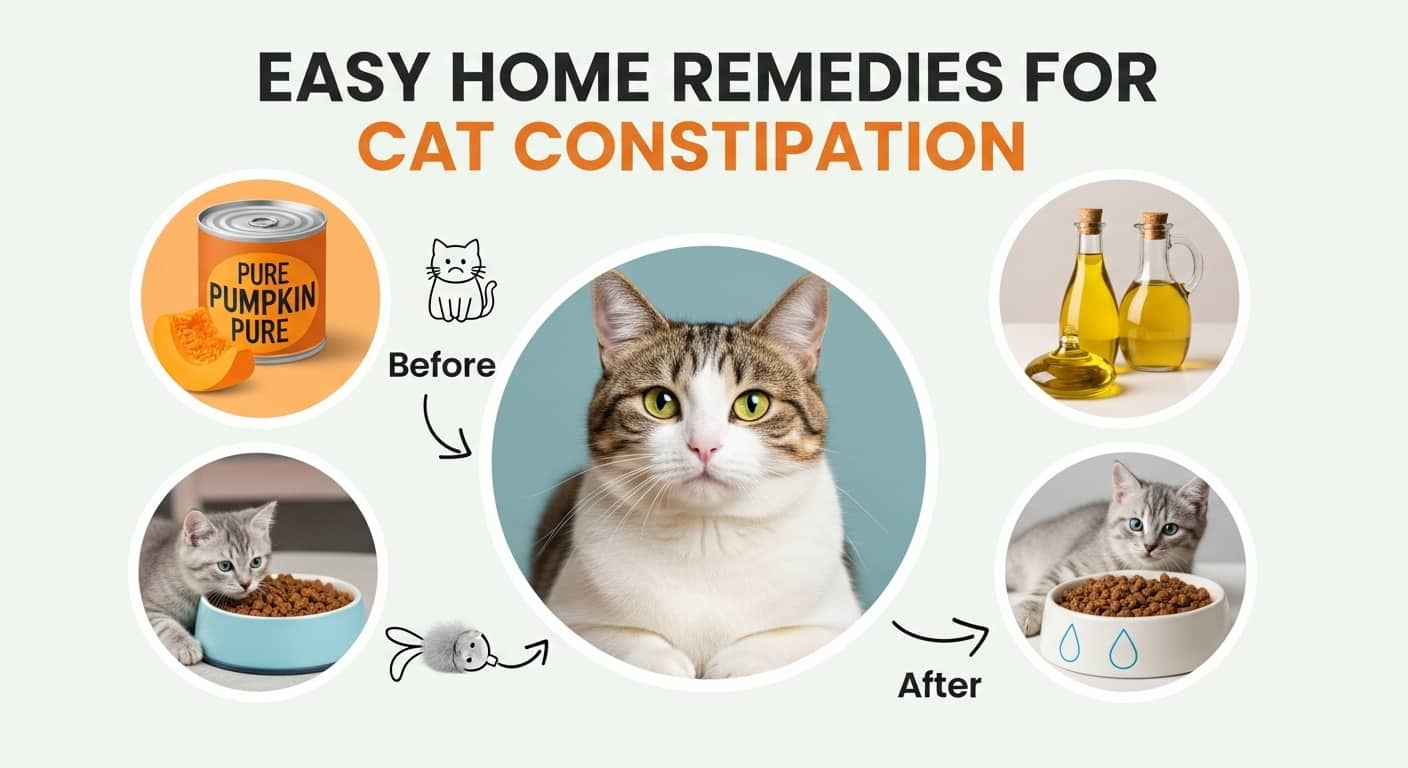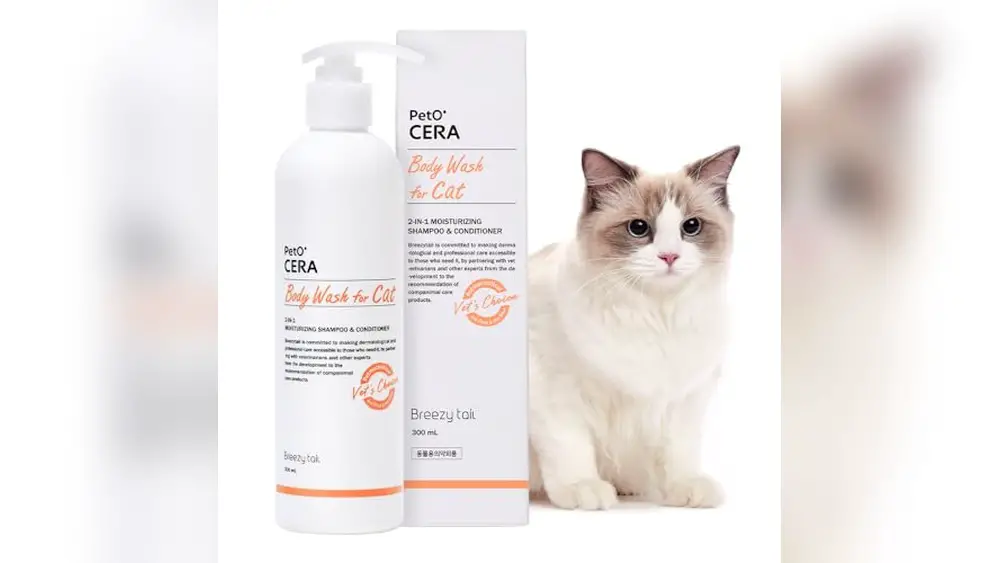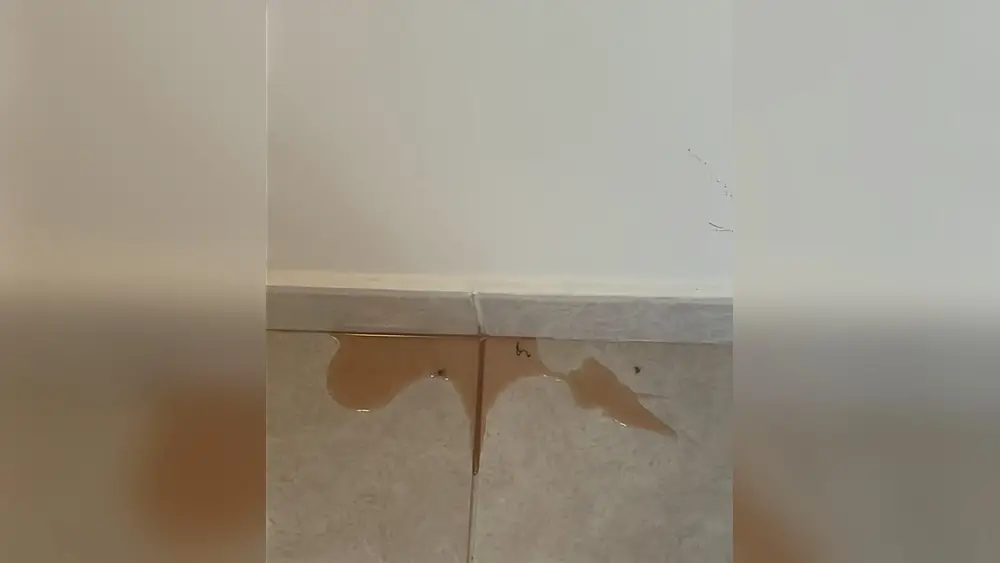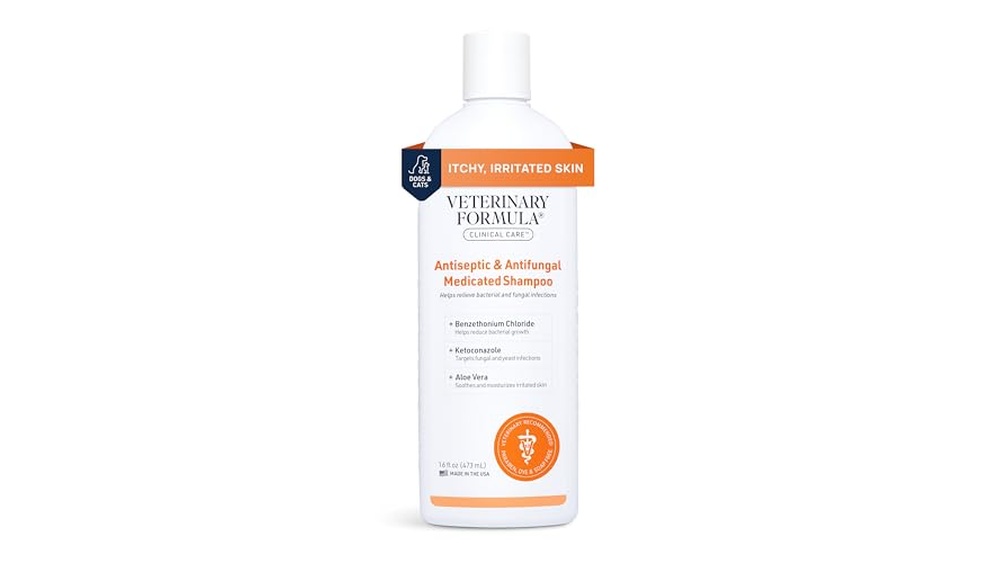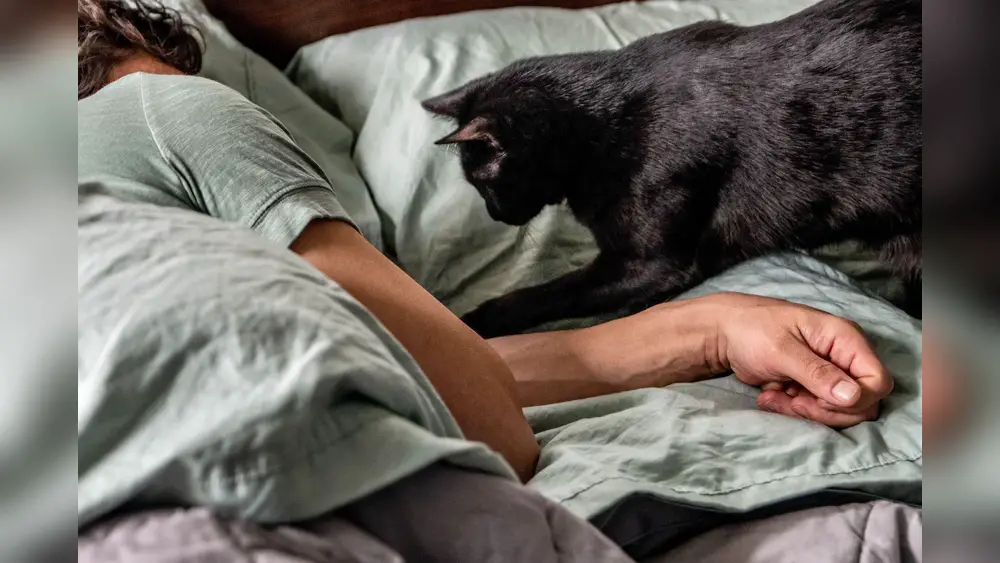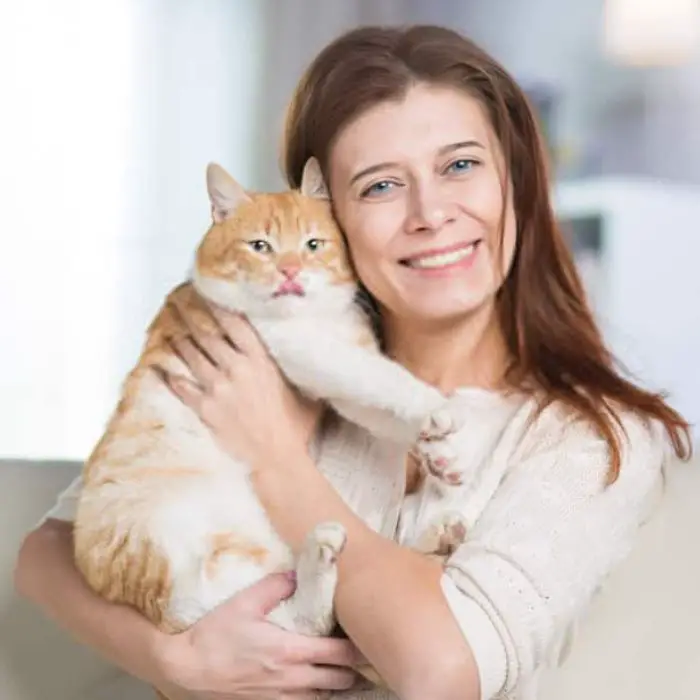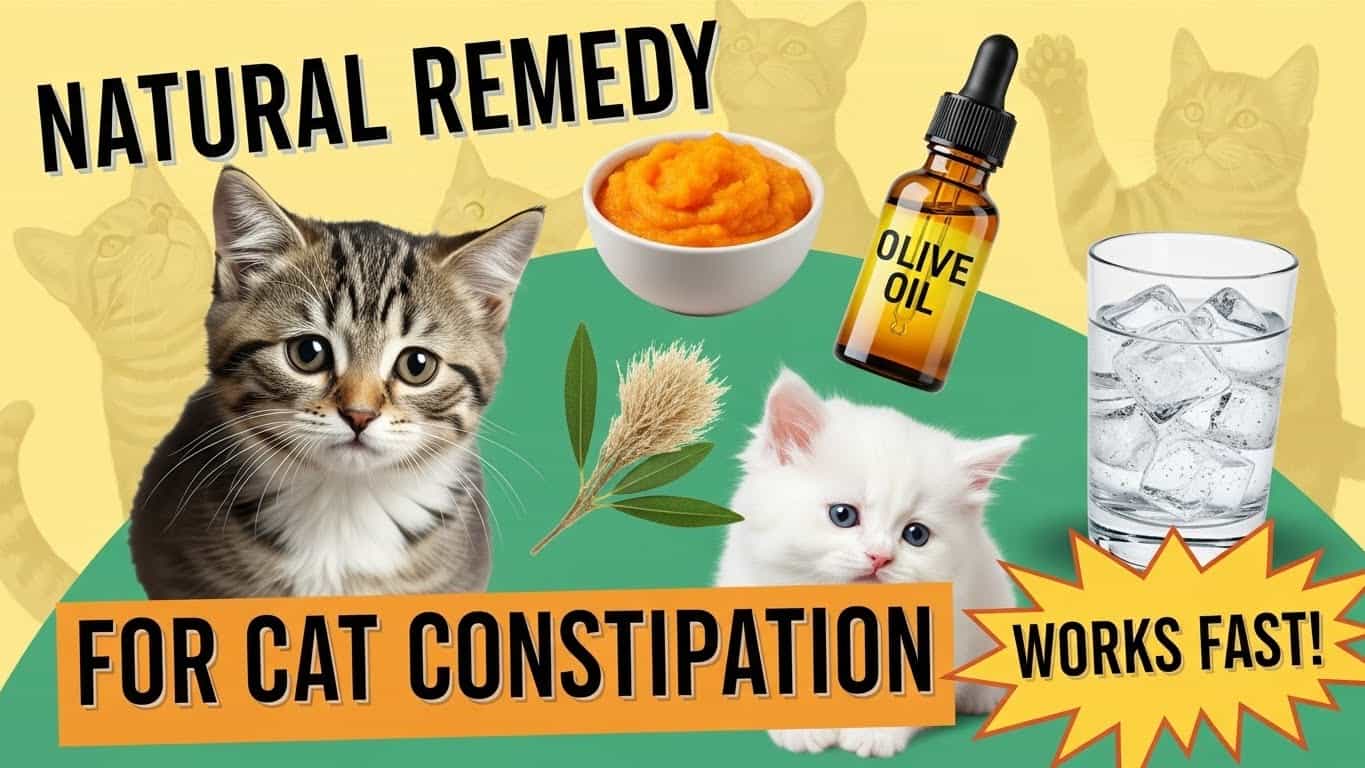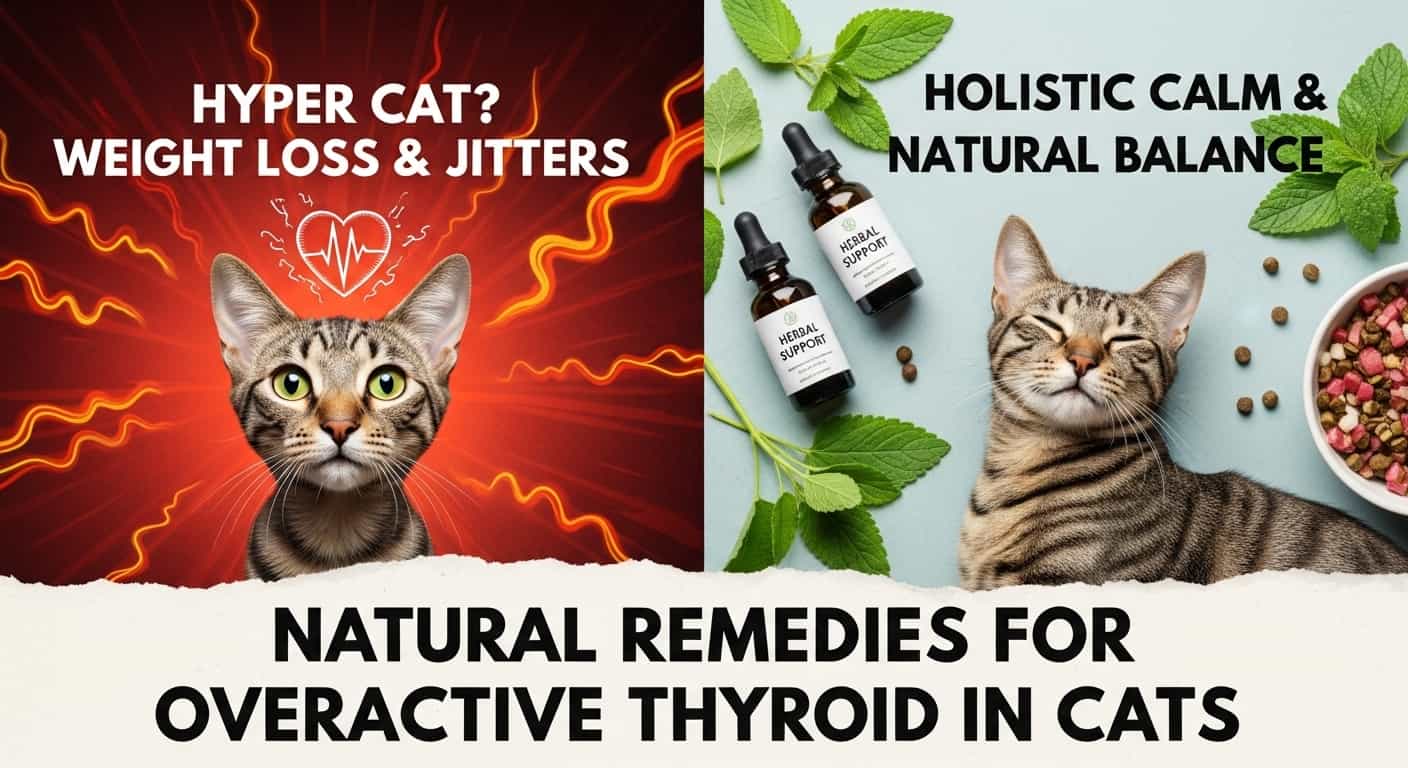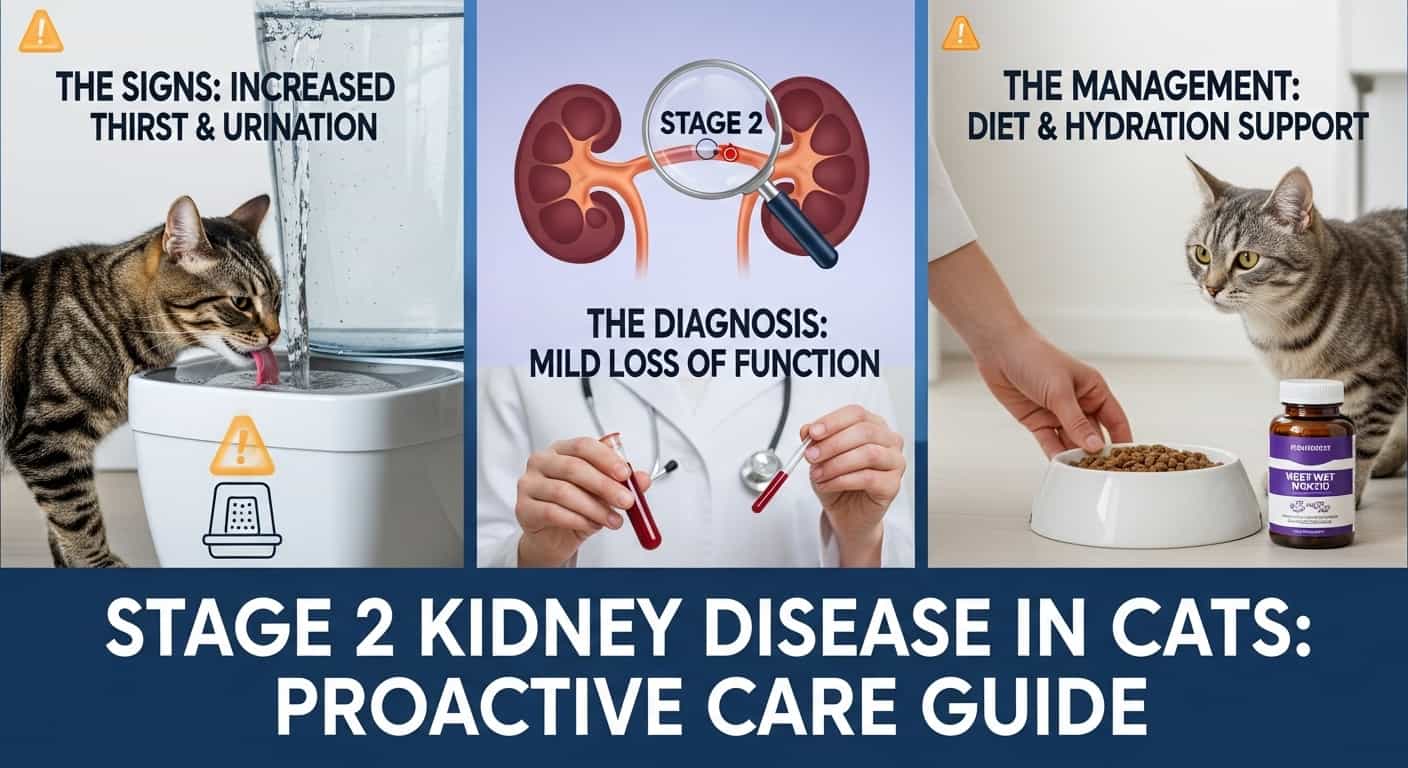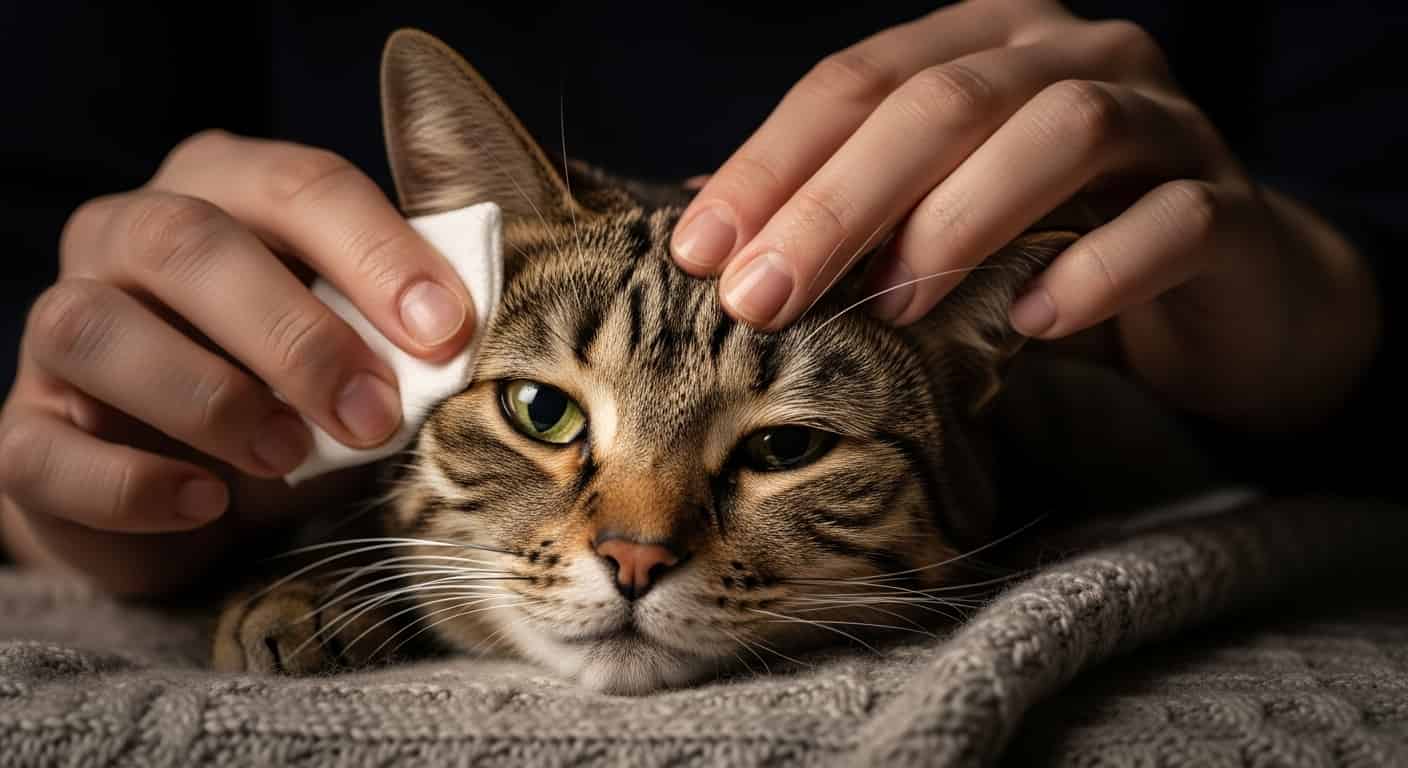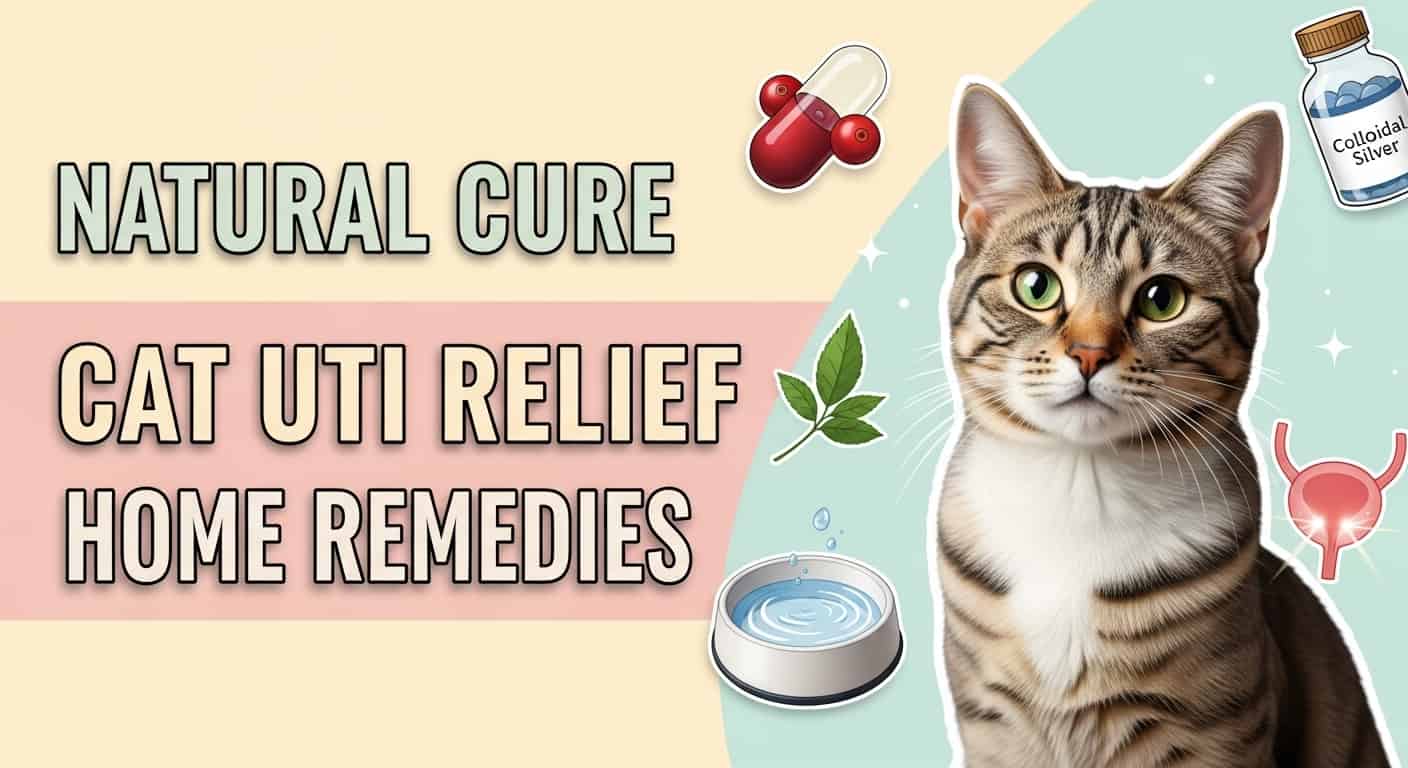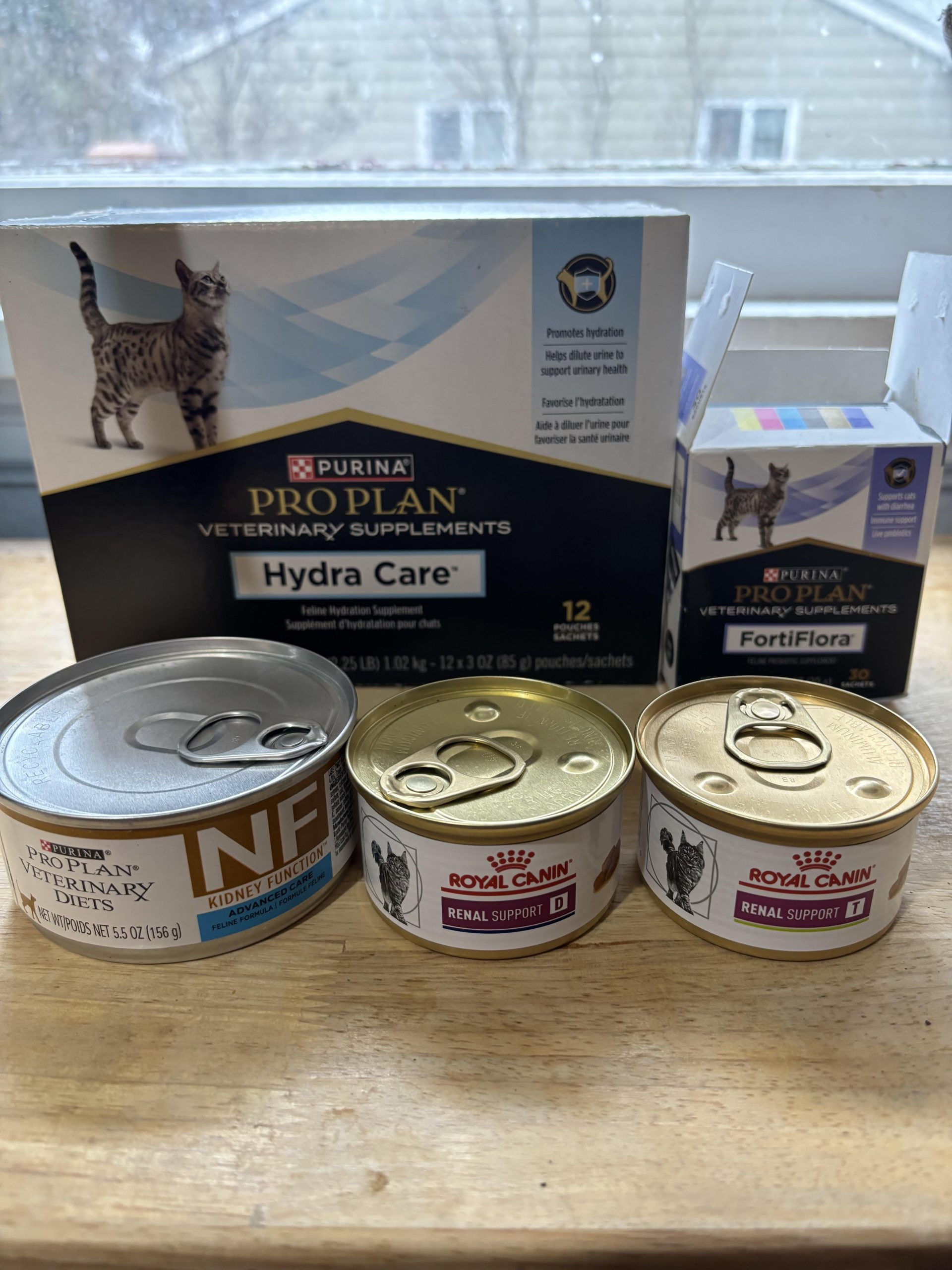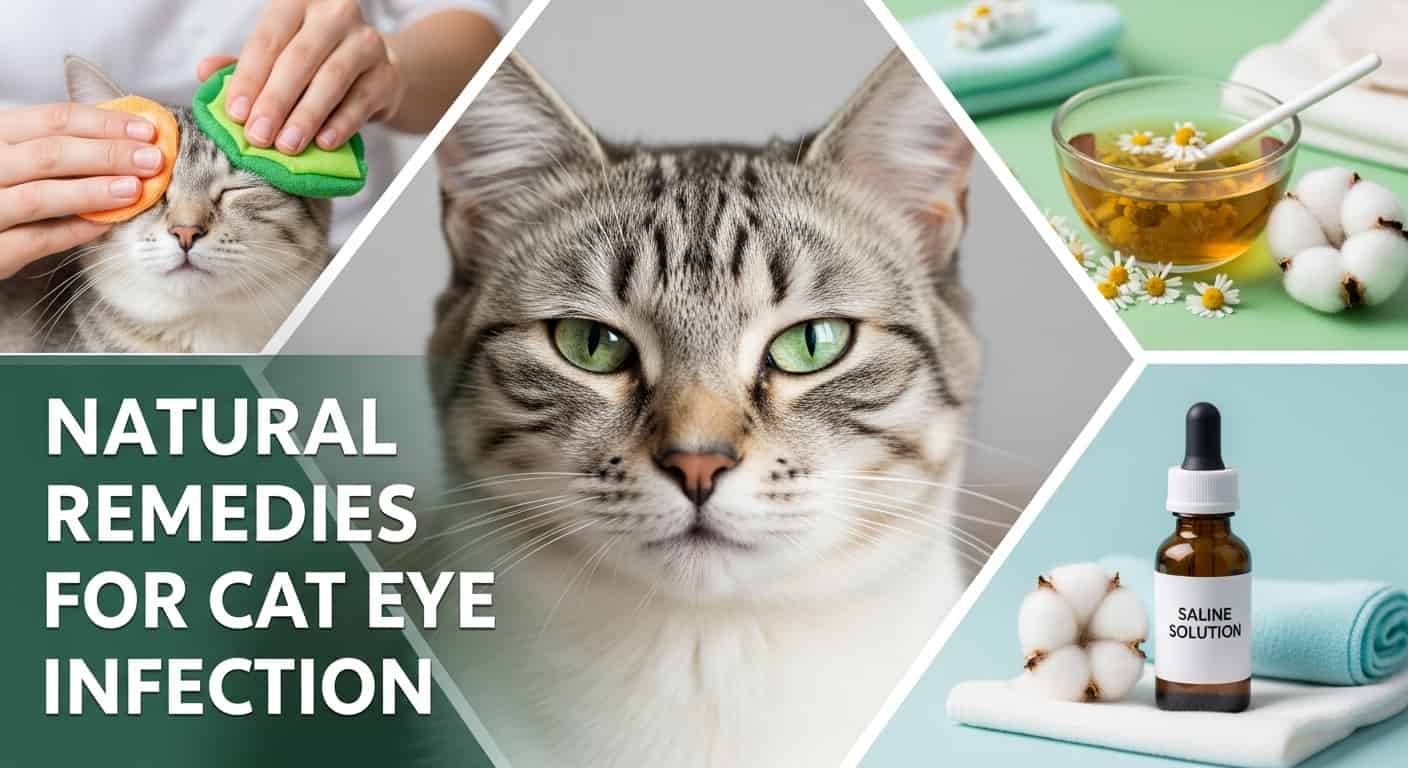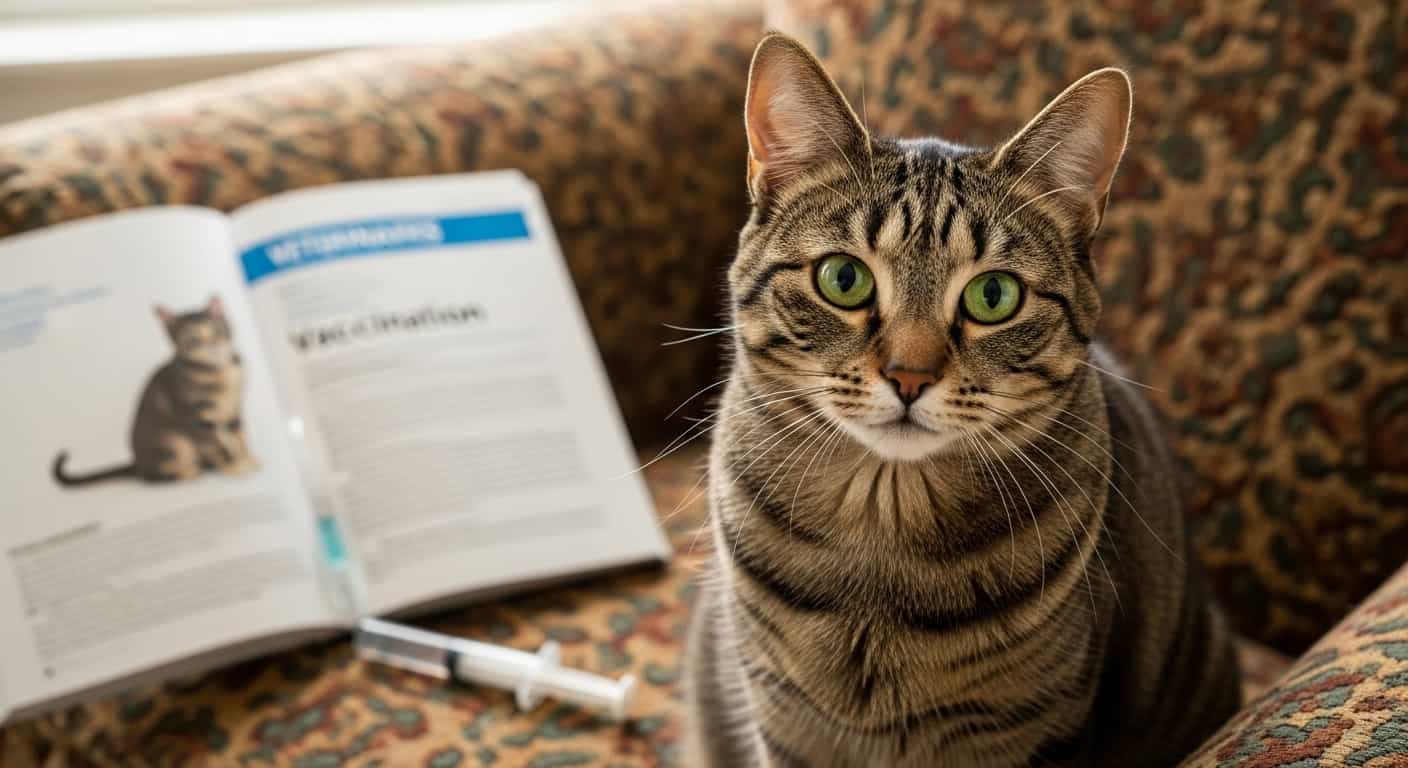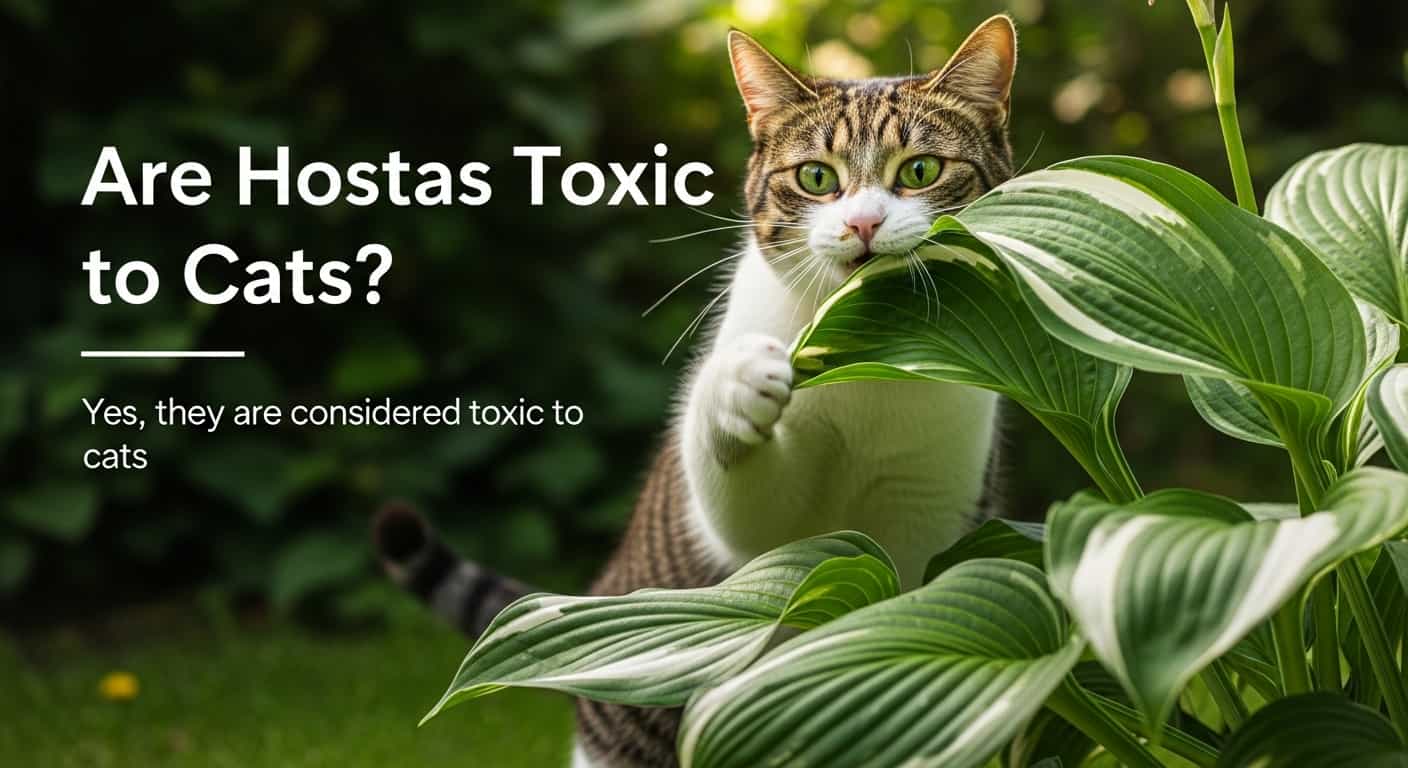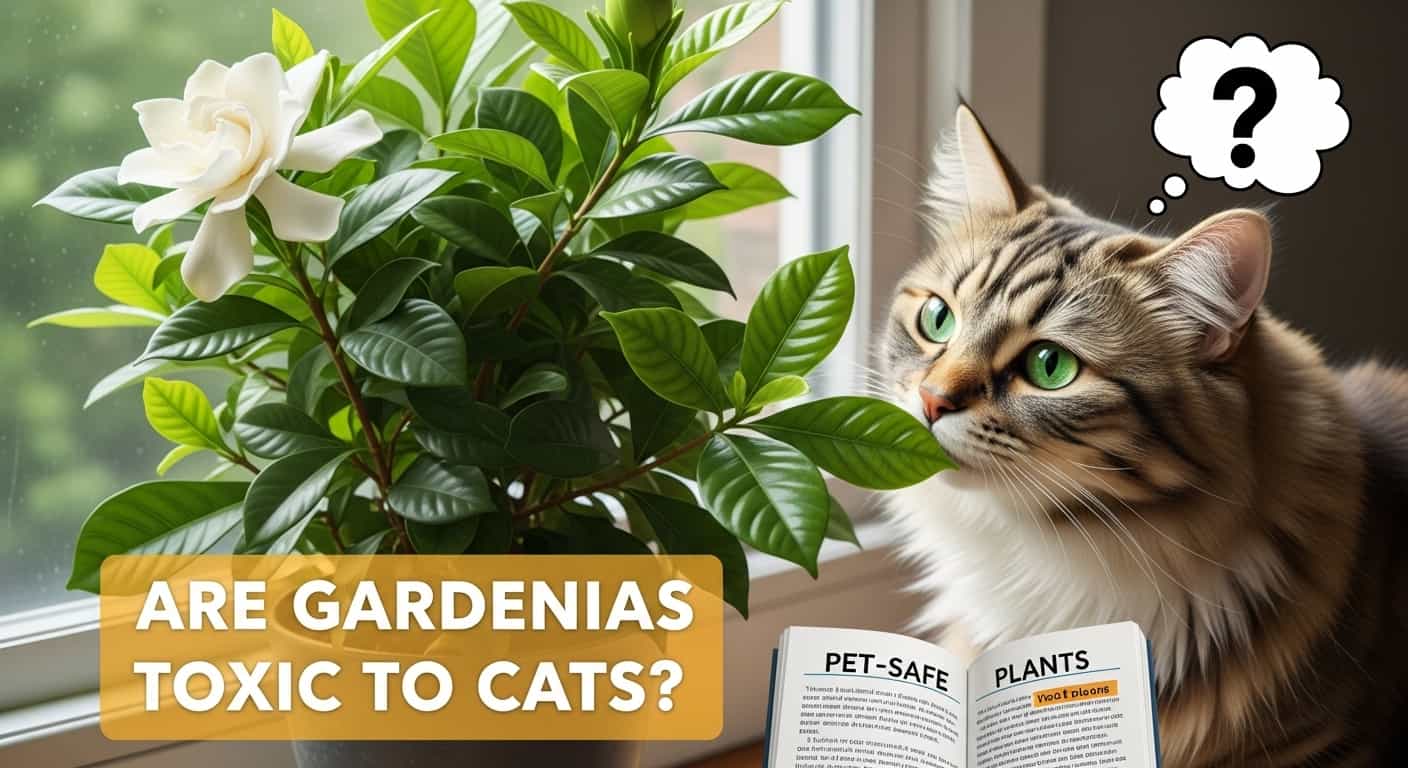If your cat is struggling with constipation, you know how uncomfortable and worrying it can be for both of you. You want to help your furry friend feel better fast, without rushing to the vet unless absolutely necessary.
Table of Contents
ToggleLuckily, there are simple, effective home remedies you can try today to ease your cat’s discomfort. Keep reading, because these easy tips could make a big difference in your cat’s health and happiness—giving you peace of mind and your cat the relief they deserve.
Signs Of Constipation In Cats
Constipation in cats can be hard to notice at first. Cats do not always show pain clearly. Knowing the signs helps you act fast. Early detection prevents serious problems. Watch your cat closely for changes in behavior and body.
Behavioral Changes
Your cat may act differently if constipated. They might sit longer in the litter box. Sometimes, they try to go but fail. Cats may seem restless or uncomfortable. They may hide more than usual. Reduced appetite is common too. These changes suggest your cat needs help.
Physical Symptoms
Constipated cats can show clear body signs. Their belly might look swollen or hard. Straining to poop is a key sign. Dry, small, or no stools can appear. Your cat may lick its rear often. Notice if they vomit or seem weak. These symptoms need attention.
When To Seek Vet Help
Seek a vet if your cat stops pooping. If the cat strains for more than two days, act. Vomiting or loss of appetite are red flags. Blood in stool or extreme pain needs urgent care. The vet can find causes and give treatment. Do not wait too long to get help.

Credit: www.amazon.com
Causes Of Cat Constipation
Constipation in cats can cause discomfort and worry for pet owners. Understanding the causes helps in finding the right home remedies. Several factors may lead to constipation in cats, including diet, health issues, and changes in their environment.
Here's a related post that you might find useful. Cat Peeing Blood Outside Litter Box: Urgent Causes & Solutions
Diet And Hydration
Poor diet is a common cause of constipation in cats. Cats need enough fiber to help their digestion. Dry food alone may not provide enough moisture. Lack of water intake makes stool hard and difficult to pass. Feeding wet food or adding water to meals can help prevent constipation.
Medical Conditions
Some health problems cause constipation in cats. Conditions like kidney disease or arthritis affect their bowel movements. Pain or discomfort may make cats avoid using the litter box. Intestinal blockages or tumors also cause constipation. Regular vet check-ups can identify these medical issues early.
Environmental Factors
Changes in a cat’s environment can affect their bathroom habits. Stress from moving or new pets can cause constipation. Dirty litter boxes or lack of privacy may make cats hold their stool. Keeping a calm and clean space encourages regular bowel movements.
Diet Adjustments
Diet plays a big role in helping cats with constipation. Changing what your cat eats can make a big difference. A good diet helps keep their digestion smooth and regular. This section explains simple diet changes that can help relieve constipation in cats.
Increasing Fiber Intake
Fiber helps move food through the cat’s intestines. Adding fiber can soften the stool and make it easier to pass. You can add small amounts of canned pumpkin or plain oatmeal to their food. Start with a little and watch how your cat reacts. Too much fiber can cause gas or discomfort.
Hydrating Foods
Cats often do not drink enough water. Foods with high moisture help keep them hydrated. Wet cat food has more water than dry food. Mixing wet food with dry can increase water intake. You can also add a little water or broth to their meals. Proper hydration helps soften stool and eases constipation.
Avoiding Trigger Foods
Some foods can make constipation worse. Avoid giving your cat dairy products, as many cats cannot digest them well. Foods high in fat or low in fiber may also cause problems. Stay away from table scraps and processed foods. Feeding a balanced diet made for cats is best to prevent constipation.
Here's a related post that you might find useful. Cat Keeps Waking Me Up at Night: Proven Tips to Stop It Fast
Hydration Tips
Keeping your cat well-hydrated is key to easing constipation. Water softens stool and helps it pass smoothly. Cats often drink less water than they need. This makes hydration tips very important for their health.
Encouraging Water Consumption
Place several water bowls around your home. Fresh water should be available at all times. Change the water daily to keep it clean and appealing. Some cats prefer shallow or wide bowls. Try different types to find your cat’s favorite. Encourage drinking by offering water after meals and playtime.
Using Wet Food
Wet food contains high moisture content. It helps increase your cat’s daily water intake. Replace some dry food with canned or pouched wet food. This adds hydration without extra effort. Wet food is easier to digest for constipated cats. Choose quality brands with real meat and no fillers.
Water Fountain Benefits
Many cats prefer running water over still water. A cat water fountain provides fresh, flowing water all day. It attracts cats to drink more frequently. Fountains also filter impurities, improving water taste and quality. Regular cleaning of the fountain prevents bacteria build-up. This is a smart way to boost your cat’s hydration.
Natural Remedies
Natural remedies can help ease a cat’s constipation safely at home. They use gentle ingredients that support digestion and soften stools. These remedies work well for mild cases and keep your cat comfortable. Always watch your cat closely and consult a vet if problems continue.
Olive Oil And Mineral Oil
Olive oil helps to lubricate the digestive tract. A small amount mixed into your cat’s food can ease bowel movements. Mineral oil works similarly but should be used with care. Too much mineral oil can cause choking or other issues. Start with a tiny drop and observe your cat’s reaction.
Pumpkin Puree
Pumpkin puree is rich in fiber and moisture. It softens stool and encourages regular bowel movements. Use plain canned pumpkin without added sugar or spices. Mix a teaspoon into your cat’s food daily. This simple addition supports healthy digestion and relieves constipation naturally.
Aloe Vera Gel
Aloe vera gel can act as a mild laxative for cats. Use only small amounts of pure, pet-safe aloe vera gel. Too much can upset your cat’s stomach. It soothes the digestive tract and helps move stool along. Always check the label to avoid harmful additives before use.

Credit: www.amazon.com
Lifestyle Changes
Lifestyle changes play a key role in managing constipation in cats. Small adjustments in daily habits can improve your cat’s digestion and comfort. These changes support natural bowel movements and keep your cat healthy.
Regular Exercise
Exercise helps keep your cat’s digestive system active. Moving around stimulates muscles in the intestines. Encourage playtime with toys or gentle chasing games. Even short bursts of activity can make a difference. A more active cat usually has better bowel regularity.
Stress Reduction
Stress affects a cat’s digestive health. A calm environment helps your cat relax and feel safe. Create quiet resting spots and avoid sudden changes. Use soothing voices and gentle handling. Less stress means better digestion and fewer constipation problems.
Litter Box Maintenance
Clean litter boxes encourage your cat to use them regularly. Dirty boxes can cause your cat to hold in waste. Scoop the litter daily and change it often. Choose a quiet, private spot for the litter box. Proper maintenance supports healthy bathroom habits and prevents constipation.
When To Use Laxatives
Constipation in cats can cause discomfort and health issues. Laxatives help relieve this condition by softening stool and easing bowel movements. Knowing when to use laxatives ensures your cat stays safe and healthy. Use them only after trying gentle home remedies and if constipation lasts more than two days.
Types Suitable For Cats
Some laxatives are safe for cats, but many are not. Common types include stool softeners and fiber supplements. Avoid human laxatives unless your vet approves. Products like lactulose and polyethylene glycol often work well. Always choose cat-specific laxatives for better safety.
Proper Dosage
Giving the right amount is crucial. Too much can cause diarrhea or dehydration. Follow the label or your vet’s instructions carefully. Use a measuring tool for accuracy. Never guess the dose based on your cat’s size alone. Dosage depends on weight and severity of constipation.
Veterinary Guidance
Consult a vet before using laxatives. They can diagnose the cause of constipation. Your vet will recommend the safest laxative and dose. Some cats need special care or other treatments. Regular checkups help avoid complications and ensure recovery.

Credit: www.amazon.com
Frequently Asked Questions
What Are Common Signs Of Constipation In Cats?
Constipation signs include straining to poop, dry stools, and less frequent bowel movements. Cats may also show discomfort or a swollen abdomen. Noticing these early helps in timely home treatment or vet consultation.
How Can Diet Help Relieve Cat Constipation?
Increasing fiber in your cat’s diet can soften stools and improve bowel movements. Adding canned pumpkin or specialized fiber-rich cat food supports digestion naturally. Always introduce changes gradually to avoid stomach upset.
Are There Safe Home Remedies For Cat Constipation?
Yes, safe remedies include adding water to food, gentle belly massages, and encouraging exercise. These methods promote bowel movements without medication. Always consult a vet if constipation persists or worsens.
When Should I See A Vet For My Constipated Cat?
Visit a vet if constipation lasts more than two days, or your cat shows pain, vomiting, or lethargy. Persistent constipation could indicate serious health issues needing professional treatment.
Conclusion
Constipation in cats can be uncomfortable and worrying. Simple home remedies often help ease the problem safely. Keep your cat hydrated and encourage gentle exercise. Adding fiber to their diet may improve digestion. Watch for signs that need a vet’s attention.
Quick action can prevent serious health issues. Always prioritize your cat’s comfort and well-being. Small changes make a big difference in their health. Caring for your cat shows your love and care.

